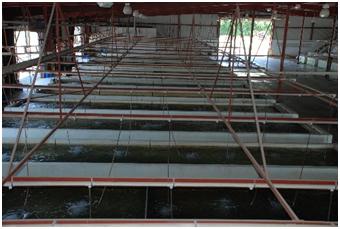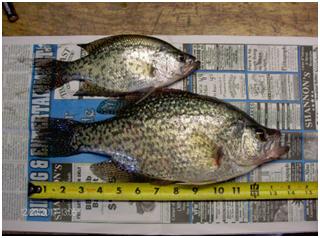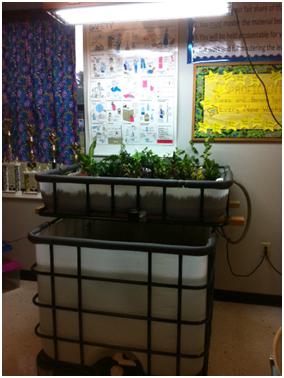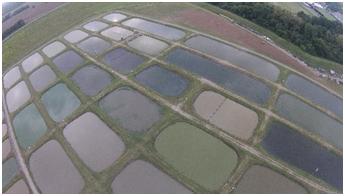
Here you will find research-based information and assistance on various aquaculture species and culture systems, farm pond management and aquatic weed control, water gardens, and fish health and water quality services.
The Aquaculture/Fisheries Center works in partnership with the University of Arkansas Cooperative Extension Service to provide aquaculture and fisheries information, education and services to all Arkansans. With few exceptions, educational materials and services are provided free of charge.
Aquaculture/Fisheries Extension Specialists have a wide range of expertise in the various fields of aquaculture and natural fisheries. When needed, they can draw upon other faculty at UAPB as well as the knowledge of hundreds of other scientists across nation and world. Headquartered at Pine Bluff, Extension personnel are also located in Lake Village, Lonoke and Jonesboro. To contact a real person for assistance, click on the “Extension Contacts” web link on the left.
Aquaculture/Fisheries Center personnel conduct a broad range of extension programs. The major program areas and a few of the activities are:
1. Improving the Efficiency of Baitfish Production
- Fish health education and services. Farm-level inspections, APHIS certified laboratory for exports. Personnel include two American Fisheries Society (AFS) certified aquatic animal health inspectors and an AFS certified fish pathologist.
- Assistance with the Arkansas Safe Bait Program.
- Water quality analyses
- Biosecurity and HACCP for baitfish
- Holding shed water quality improvement.
- Aeration and bloom management.
- Fish transportation
- Increasing fry survival.
|
 |
2. More Efficient Production & Marketing of U.S. Farm-Raised Catfish
- Fish health education and services.
- Water quality analyses.
- Biosecurity – fish diseases and exotic species.
- Financial workshops on evaluating farm operations and indicators.
- Split ponds and other alternative aquaculture systems.
- Documenting the economic impact of the catfish industry in Arkansas.
- Catfish research verification program (formerly known as yield verification)
|
|
3. Recreational Fishing in the Delta
- Farm pond recreational fishing.
- Aquatic weed control and assorted pond problems.
- Joint Farm Pond management publications with Arkansas Game & Fish Commission and a Sportfish Suppliers Directory.
- Community fishing program with the Arkansas Game & Fish Commission.
|
 |
4. Beginning and Alternative Aquaculture
- Getting started in aquaculture.
- Alternative species – information on marine shrimp in freshwater, freshwater prawns, crawfish, largemouth bass, hybrid bream, crappie, hybrid crappie, hybrid striped bass, tilapia, etc.
- Small scale aquaculture.
- Water gardening.
- Aquaponics.
|
 |
5. Youth Aquatic Education
- Partner with the Cooperative Extension Service on 4-H fishing education and agriculture awareness.
- 4-H baitcasting and sportsfishing O’Rama activities
- Derbies with Arkansas Game and Fish Commission.
- Support for High School Agri-Science programs
|
|
6. Other
- Use of drones as a method to move birds off ponds and to assist with bloom management on ponds
- If it swims or lives in water, we probably have had a question about it!
|
 |
| |
|